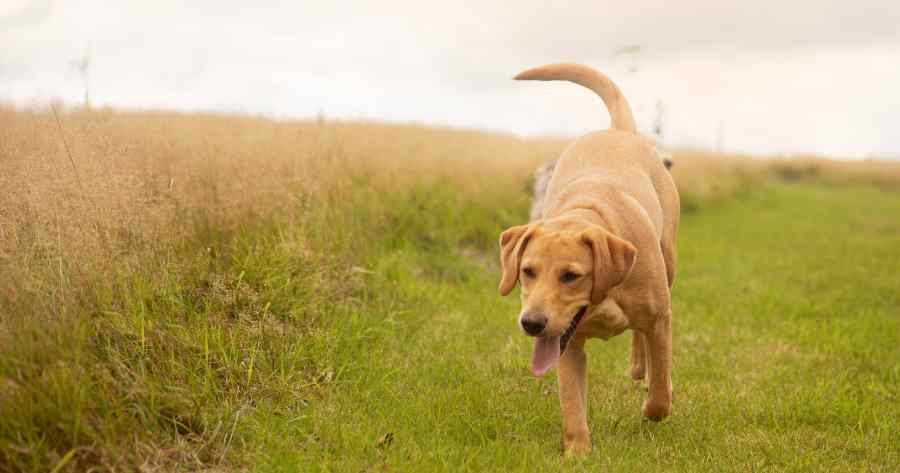
As dog owners, we all want to give our dogs the best possible life and food so they can be happy and healthy. But if you’ve ever looked for guidance online, you’ll know there’s a lot of information out there, and it can often be more confusing than helpful. Are dogs carnivores? What role does protein play in a dog’s diet? And how is protein different to meat?
We sat down with our team of experts to look at some of these most commonly asked questions, and get those answers once and for all.
Protein: why is it so important?
Protein is a nutrient that helps our bodies in many ways – including helping us to build muscles and supporting our immune systems. The same goes for our dogs, which is why our tailor-made kibble, wet food and treats are packed with protein.
For our pups, protein helps to maintain a healthy skin and coat, and is really important for development in growing puppies – helping their muscles and bones develop properly.
Meat vs protein
So what is protein?
You might see a protein percentage level on your dog’s food, but this percentage is more than just the meat content, which is where things can get a bit confusing. Protein comes from many different types of food – including meat, fish, eggs, seeds and nuts.
Protein in dog food is also a nutrient that’s measured by looking at dry weight only, this means measuring it without the water content. Fresh meat, especially muscle meat, is around 70% water but has a protein content of around 10%. For example, if you included 50% fresh chicken and then cooked this, you’d end up with around 21% protein when looking at dry weight.
Every dog is different, so measuring protein percentages means you can be sure your dog is getting exactly what they need for their stage of life – from a puppy, all the way up to a golden oldie.
So what protein percentage does your dog need?
At tails.com, we follow FEDIAF (the European Pet Food Federation) guidelines, and include between 18-38% protein, when looking at dry weight to make sure our pups get all the nutrients they need. Every dog is different, so those who are growing, like puppies, or working dogs and those who are much more active, will be at the higher end.
As well as protein, we also make sure every dog gets the right combination of amino acids – the building blocks that make up protein and are an essential part of your dog’s diet. This means there will often be multiple sources of protein in one blend to create a balanced diet with everything your dog needs.





